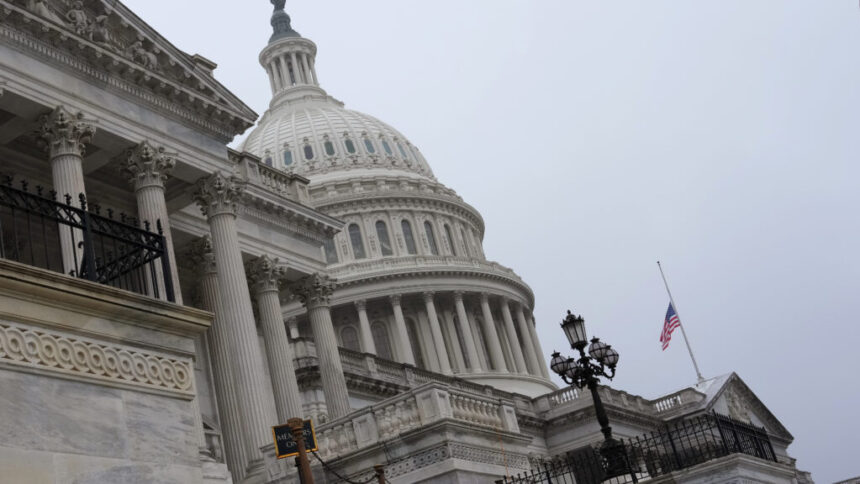The tax bill proposed by House Republicans is causing quite a stir, with projections showing that nearly 11 million people could lose their health insurance as a result. These savings would then be used to finance President Trump’s tax cuts, a move that has sparked criticism from Democrats who argue that the bill disproportionately benefits the wealthy at the expense of low-income individuals.
According to the Congressional Budget Office (CBO), the bill would increase the federal deficit by $2.4 trillion over a decade, primarily due to the extension of Trump’s tax cuts and the implementation of new ones. This includes significant cuts to federal spending on health coverage, totaling more than $1 trillion. The CBO estimates that about 7.8 million people would lose Medicaid coverage, while the rest of the losses would come from the Affordable Care Act’s exchanges.
The bill also imposes new restrictions on health insurance for undocumented immigrants and others without legal status, further exacerbating the potential loss of coverage. Hospitals, recognizing the vulnerable position they are in, are expected to push for changes in the Senate to mitigate enrollment losses.
One of the most controversial aspects of the bill is the addition of work requirements to the Medicaid program. This provision alone is projected to save $344 billion by mandating that individuals without dependents or disabilities work at least 80 hours a month to maintain their coverage. The CBO’s estimates show that the bill could represent the largest cuts to federal health care programs in history.
While Senators are expected to make changes to the bill, concerns about Medicaid cuts and the impact on vulnerable populations remain. The goal is to pass the bill before July 4, with the government’s borrowing limit looming as a potential deadline in August. The bill’s health care provisions can be divided into two main categories: Medicaid cuts and reforms to the Affordable Care Act marketplaces.
In addition to Medicaid cuts, the bill includes measures to curb states’ ability to increase federal funding for their Medicaid programs, save through limits on Medicaid enrollment flexibilities, and implement reforms to drug middlemen. These changes aim to save billions of dollars over a decade while also boosting payments to doctors and addressing other healthcare-related issues.
As the debate over the tax bill continues, it is clear that the implications for the healthcare system are significant. The potential loss of coverage for millions of Americans underscores the need for careful consideration and deliberation in crafting policies that impact the health and well-being of the population.








